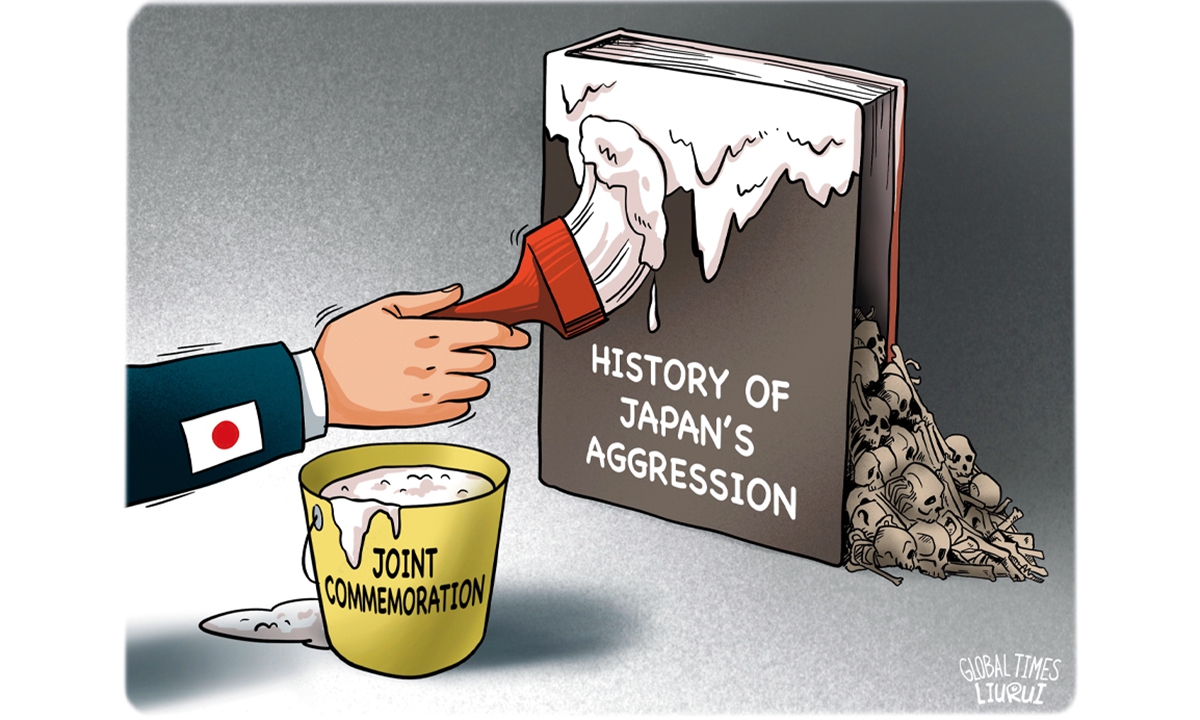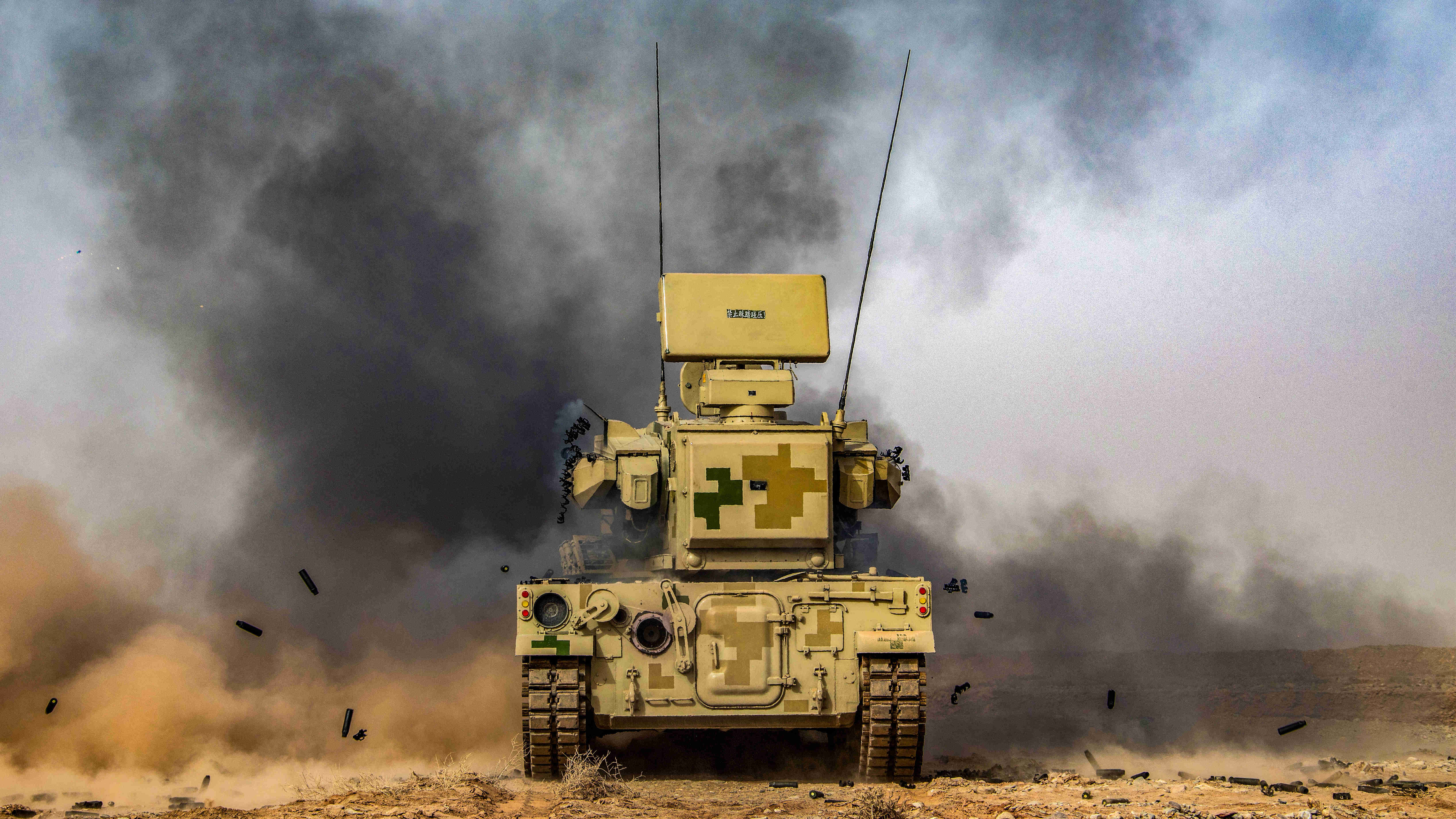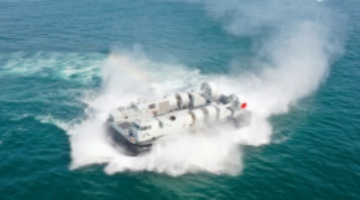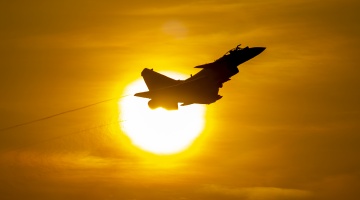
Illustration: Liu Rui/GT
A recent exhibition in Yokohama quietly exposed the horrific chemical warfare crimes of the Japanese Imperial Army in China. Disturbing photographs and artifacts reawakened a chapter Japan's authorities have long sought to bury.
The organizer explained to our correspondent that the Japanese government is trying to erase the public's memory of war. For years, we've collected this evidence in the hope that more people will recognize the crimes committed in China and demand that the government confront this reality, he said.
Yet, Japanese citizen groups - never the government - always stage such events, battling official silence and the relentless pressure of the far right. This is the tragic reality of how Japan confronts its wartime history.
Year after year, Japanese officials mark the anniversary of World War II (WWII) with the same script. Cloaked in the language of "joint commemoration," they lump together conqueror and conquered, war criminal and civilian victim, smothering all sense of Japanese responsibility beneath a fog of false equivalence.
This stands in jarring contrast to Germany. Just days ago, at the United Nations commemoration of all victims of the WWII, the German ambassador remarked with a somber apology, frankly acknowledging the devastation inflicted by Nazism and placing the nation's guilt beneath the world's moral microscope. Time and again, Germans have demonstrated that only by unequivocally shouldering guilt can remembrance and reconciliation mean anything beyond cheap political theater. This candor is the moral backbone behind German diplomats' confidence to speak at global forums.
No Asian nation has ever opposed the idea of "joint commemoration" in principle. But there is an inescapable precondition: Japan must first admit and fully reflect upon its wartime guilt. The proper commemoration begins with a clear separation of perpetrator and victim, with Japan assuming its undeniable responsibility. The millions across Asia who were invaded, slaughtered or brutalized ask for nothing but the truth - a history honestly told and the fundamental respect it demands.
This is not the demand of foreign critics alone. Many Japanese insist that "joint commemoration" cannot become a smokescreen, a license to blur history, or pretend that all suffering was the same. To equate war criminals with the innocent - especially the victims - is, at best, moral cowardice and, more honestly, a cruel parody of remembrance that only deepens old wounds.
Why does the Japanese government prefer this evasive mode of commemoration? One answer lies in the stubborn legacy of Cold War geopolitics. The US, eager to forge a bulwark against communism, rebuilt Japan as its frontline ally, implementing the so-called reverse course policy. Washington declined to prosecute war criminals fully, retained key figures from the old militarist regime and prioritized stability over reckoning. Japan sidestepped the national soul-searching that transformed Germany, deciding instead to cultivate a warped "victim mentality."
This approach persists to this day. When the strategic environment shifts - as it has with America's focus on containing China - the US-Japan alliance tightens, and Tokyo's role as an "indispensable partner" is reaffirmed. Such a spectacle would be unthinkable in Europe. However, Japan has been granted historical immunity in the Indo-Pacific: alliance takes precedence, and history is surrendered to expediency.
Meanwhile, Japan's right-wing forces, entrenched in politics and the media, actively sabotage government efforts to embrace honest reflection. They do not just deny shame - they aggressively whitewash the record, glorifying aggression and exonerating the perpetrators. The result? Japan remains incapable of genuine reconciliation with its neighbors and unable to earn the world's respect by confronting its past, as Germany has done.
Eighty years have slipped by, but the memory of suffering endures all the more sharply for being denied. History will not become gentler just because the truth makes us uncomfortable. The more it is scorned and covered up, the heavier its burden becomes. Japan's continued downplaying turns the post-WWII reckoning into an unfinished project, leaving hidden dangers for historical revisionism and the revival of militarism. This not only threatens security in the Asian region but also endangers the basic post-war order and the peace and stability of the post-war world, which were bought with blood.
Defending the achievements of WWII is not just a slogan; it requires upholding the principles of justice and international rules established after the war. Countries that initiate war must not be allowed to evade responsibility under the guise of "commemorating peace," nor can history be downplayed, distorted or forgotten. This is not only about historical justice but also about the current and future international peace order.













